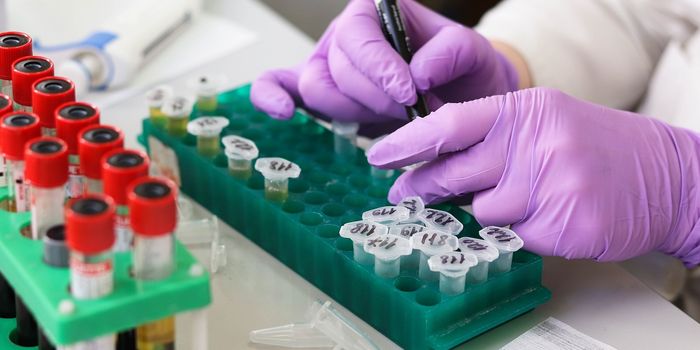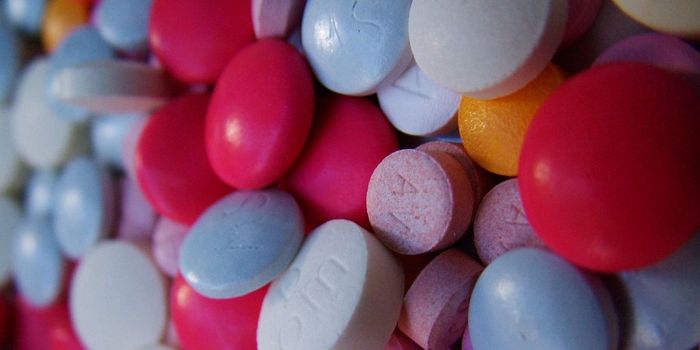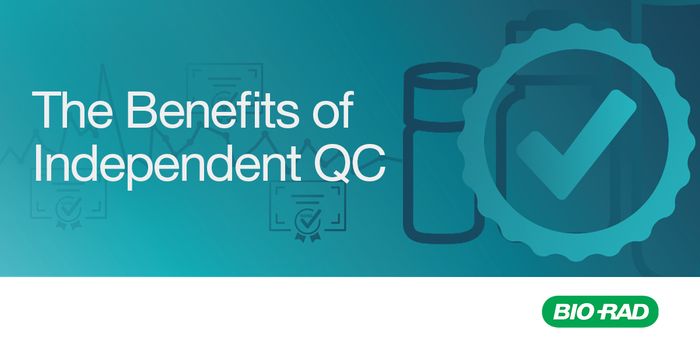A Post-vaccination Workout Boosts Immune Responses
A workout after getting a vaccine for influenza or COVID-19 may provide additional immune protection, says a new study by researchers at the Iowa State University. The team found that participants who did a 90-minute workout (either cycling or brisk walking) produced more antibodies than those who carried on with their regular routine after receiving their shots. The results in human studies mirror those previously observed by the researchers in animal models.
“Our preliminary results are the first to demonstrate a specific amount of time can enhance the body’s antibody response to the Pfizer-BioNtech COVID-19 vaccine and two vaccines for influenza,” said the study’s lead author, Marian Kohut.
Vaccines prime the immune system to recognize and destroy pathogens such as viruses. Some vaccine formulations require a boost in the form of adjuvants, which help enhance the stimulation of the immune system to provide more substantial protection. However, some patients may experience side effects from these adjuvants, leading scientists to explore gentler options for boosting the effectiveness of vaccines.
Interestingly, in their study, Kohut and colleagues found that 90 minutes of maintaining a heart rate of around 120 to 140 beats per minute was the sweet spot—those who only exercised for 45 minutes did not have the same elevated antibody levels.
The researchers have some hypotheses around why mild- to moderate-intensity exercise helps support a healthy immune response. One of these is that body movement spikes blood flow, which aids in the circulation of immune cells, increasing the likelihood that they will detect the active ingredients of the vaccine.
Observations from their studies in mice may also offer some clues, suggesting that concentrations of an immune protein called interferon alpha increase during exercise, which is a critical player in the generation of antibodies against viruses.
The researchers plan to follow up on their study by investigating the impact of the study’s participants six months after their immunization. The authors say that this study warrants a deeper dive into how exercise-induced physiological changes on the metabolism, cardiovascular system, and neuroendocrine systems may also influence immune responses. These could see so-called behavioral adjuvants being incorporated into public health guidelines to help augment the protective effects of vaccines.









